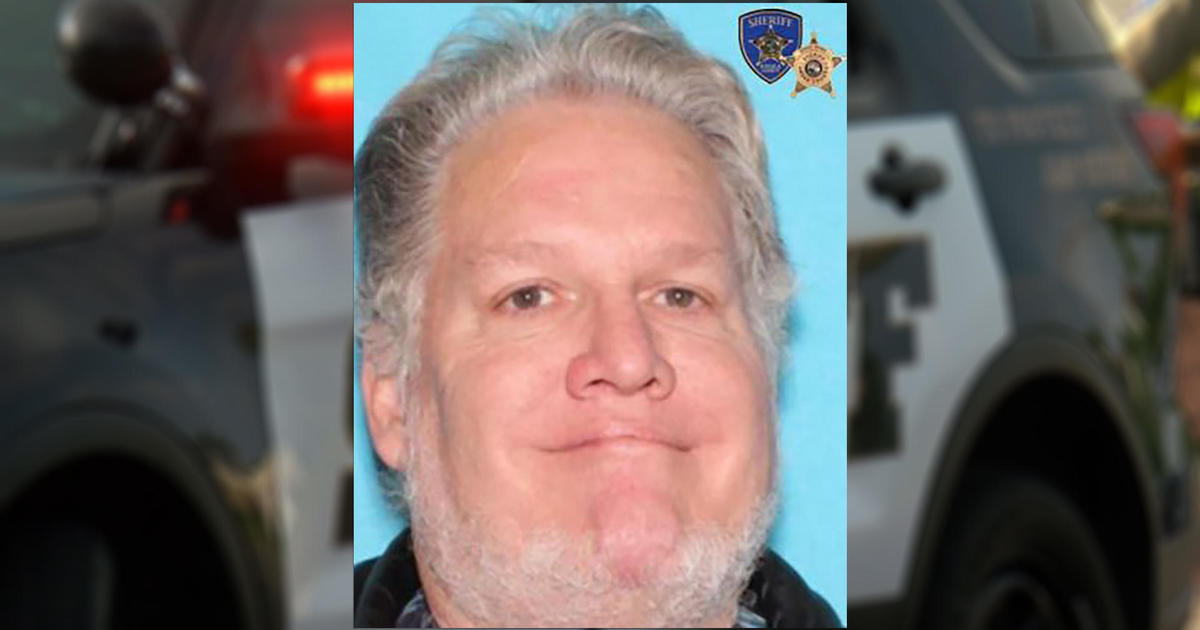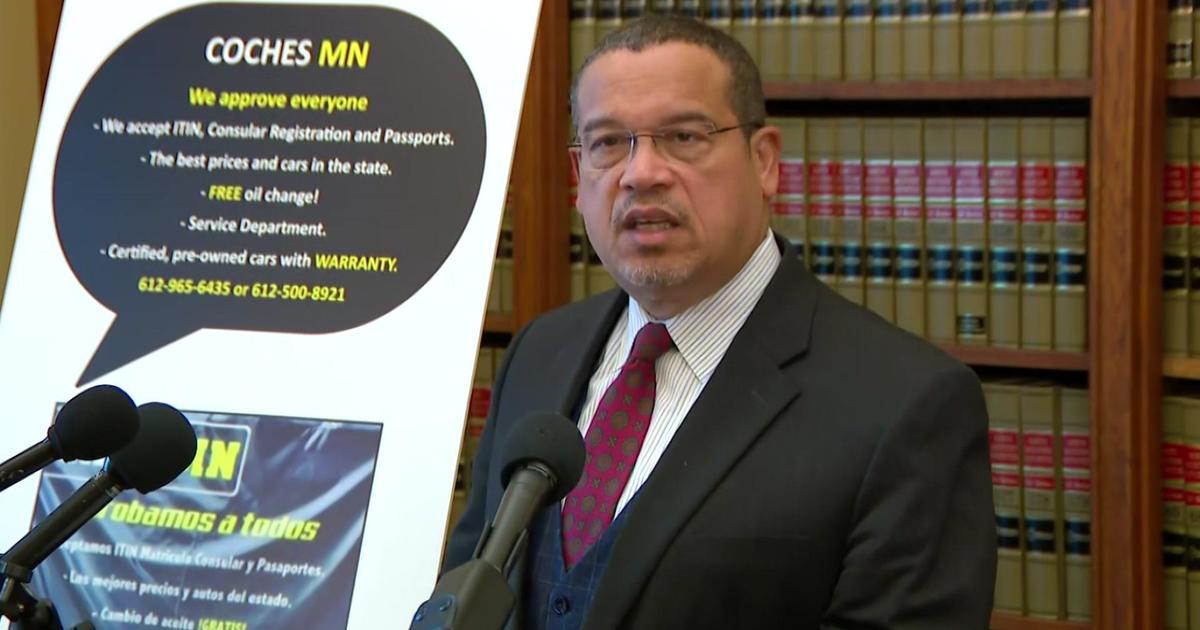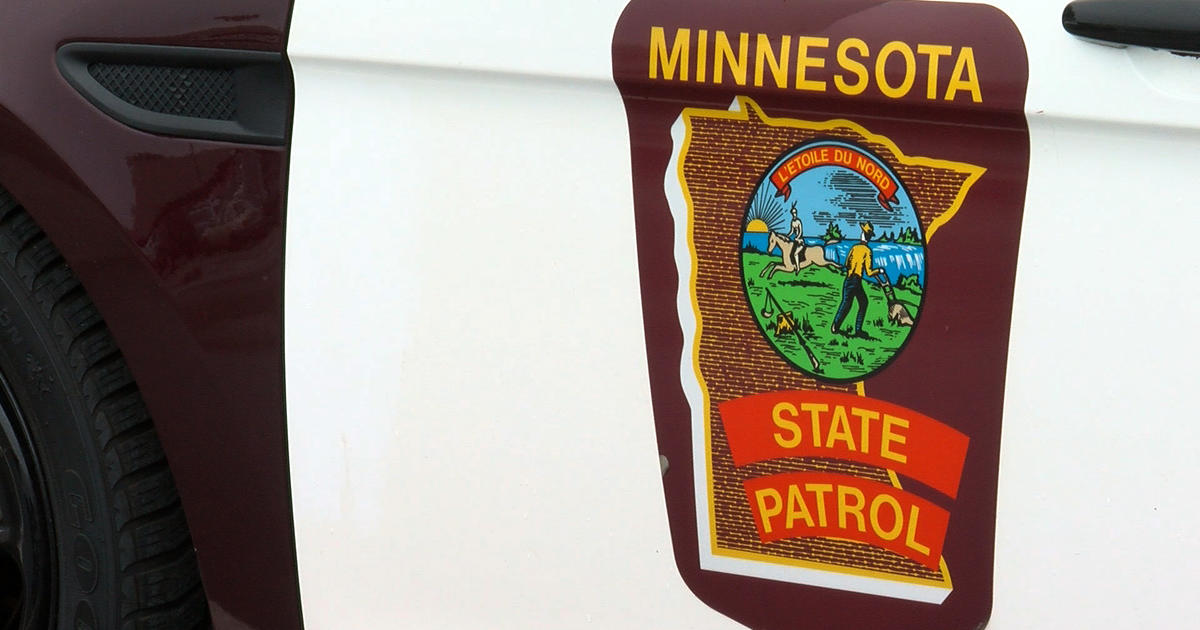Public Employee Data-Snooping Bill Before Governor
ST. PAUL, Minn. (AP) — Minnesota public employees who snoop in private information could soon face tougher consequences if they're caught.
A bill on Gov. Mark Dayton's desk mandates that only public employees whose jobs require obtaining, accessing or viewing people's non-public data may do so. Public employees are prohibited from using the private information in any way not outlined in their job descriptions.
It would be a misdemeanor for a public employee to willfully acquire non-public data. The legislation also would require public agencies to report on any snooping incident and make the report available to the citizen affected.
Dayton Press Secretary Matt Swenson said Monday that "the governor is meeting and consulting with staff and commissioners today on all pending legislation."
House and Senate members from both parties said the proposal represents progress on an issue that has come to the fore due to recent data breaches. But some also said government entities need to improve their ability to track who is accessing data. Public agencies also should develop systems that allow audits of data breaches after they occur, lawmakers said.
"I'm cautiously optimistic that it'll help make things better," Rep. Mary Liz Holberg, R-Lakeville, said during a Monday phone interview. "It's pretty hard to provide adequate security if we're not able to track who's accessing information on individuals."
The highest-profile case of data snooping in Minnesota involved a Department of Natural Resources employee accused of improperly looking up driver's license data some 19,000 times over several years. The employee, since fired, was sentenced last month to two years of probation. In another case, KSTP-TV reported last month that a Metro Transit employee had searched driver's license records of ex-girlfriends, co-workers and neighbors for more than two years.
Sen. Scott Dibble, DFL-Minneapolis, lauded a provision of the new legislation that calls for a report each time a snooping incident occurs. If an investigation concludes a public employee did not have authorization to access an individual's private information, that employee would be named in the report.
"That's a pretty significant aspect of the bill," Dibble said.
Representatives of the American Federation of State, County and Municipal Employees were pleased with the proposal's final language — specifically naming only those found to have broken the law.
"We're comfortable," said Jennifer Munt, spokeswoman for AFSCME Council 5 based in St. Paul. "Our biggest concern was that new protections would prevent government employees from doing their jobs."
But Sen. Warren Limmer, R-Maple Grove, said the measure was too favorable to government employees. Focusing on union collective-bargaining rights and appeals during a potential data breach "kind of stymies immediate investigation," he said.
(© Copyright 2014 The Associated Press. All Rights Reserved. This material may not be published, broadcast, rewritten or redistributed.)



